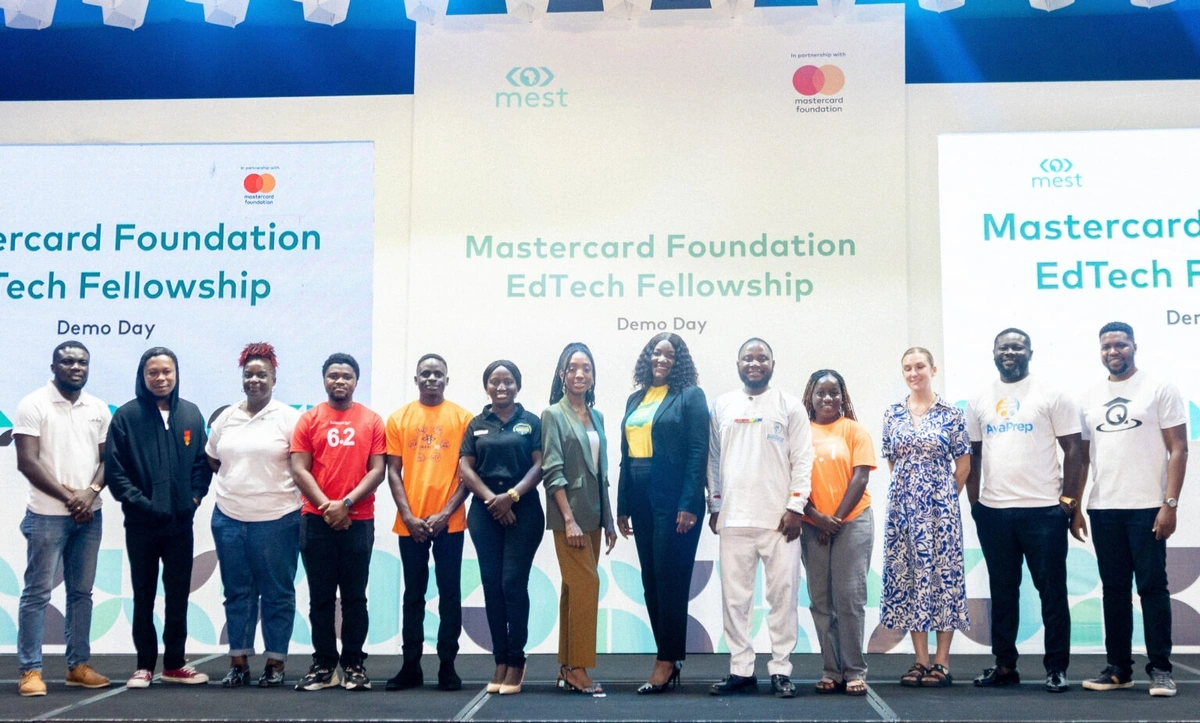
AI, Mobile Learning and Local Content Dominate Kenya’s EdTech Demo Day | Dawan Africa
Kenya, 21 November 2025 – Kenya’s fast-rising EdTech ecosystem took a significant step forward on Wednesday, as the Mastercard Foundation EdTech Fellowship hosted its third Demo Day at the iHub in Nairobi.
The gathering drew founders, investors, policymakers, and digital learning specialists for a showcase that highlighted how local technology is reshaping classrooms across Africa.
The Fellowship, delivered in partnership with iHub, supports startups building tech-driven solutions tailored to the realities of African learners.
This year’s Demo Day reinforced the growing maturity of the sector, with 12 ventures presenting tools that are not just innovative, but already gaining traction in real teaching and learning environments.
From AI-powered assessment engines to mobile-first digital lesson platforms, the showcased products reflected a clear shift: Kenyan EdTech is moving from experimentation to scalable, classroom-ready deployment.
Many of the startups are tackling long-standing challenges such as foundational literacy gaps, teacher workloads, limited data visibility, and inefficient school administration.
In his address, Suraj Shah, Head of Strategic Partnerships and Corporate Leadership at the Centre for Innovative Teaching and Learning, emphasized the widening gap between the technology used in everyday life and the technology available to students in many African schools.
He noted that while digital tools shape communication, commerce, and work globally, education systems in the region often lag behind, putting learners at a disadvantage in a fast-changing job market.
Shah underscored that bridging this divide requires solutions built by innovators who understand local contexts.
The Fellowship, he said, aims to equip such founders with the support needed to refine, scale, and integrate their products into school systems.
He called for stronger collaboration between governments, educators, creators, and community stakeholders to ensure technology becomes a driver of equitable access to quality learning.

